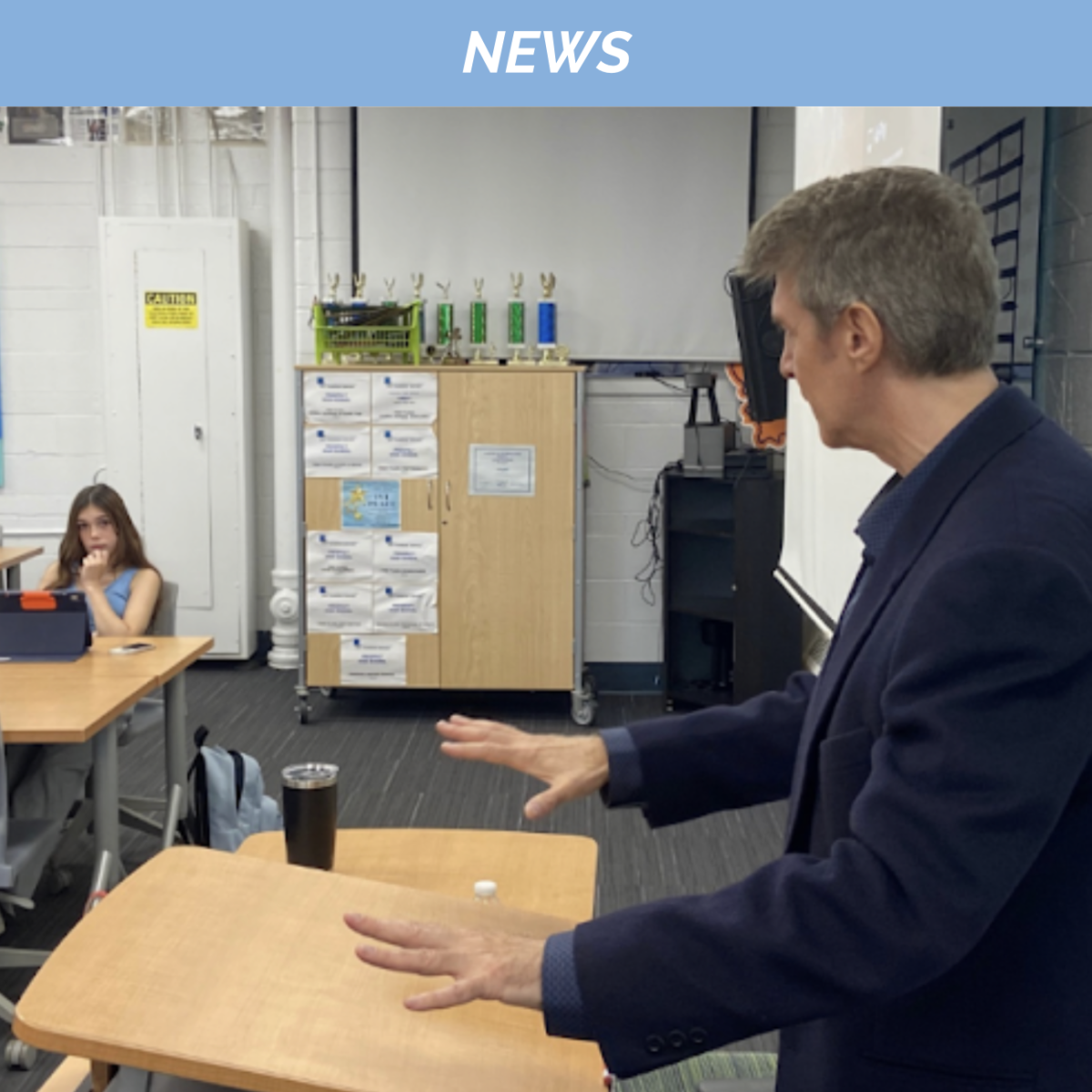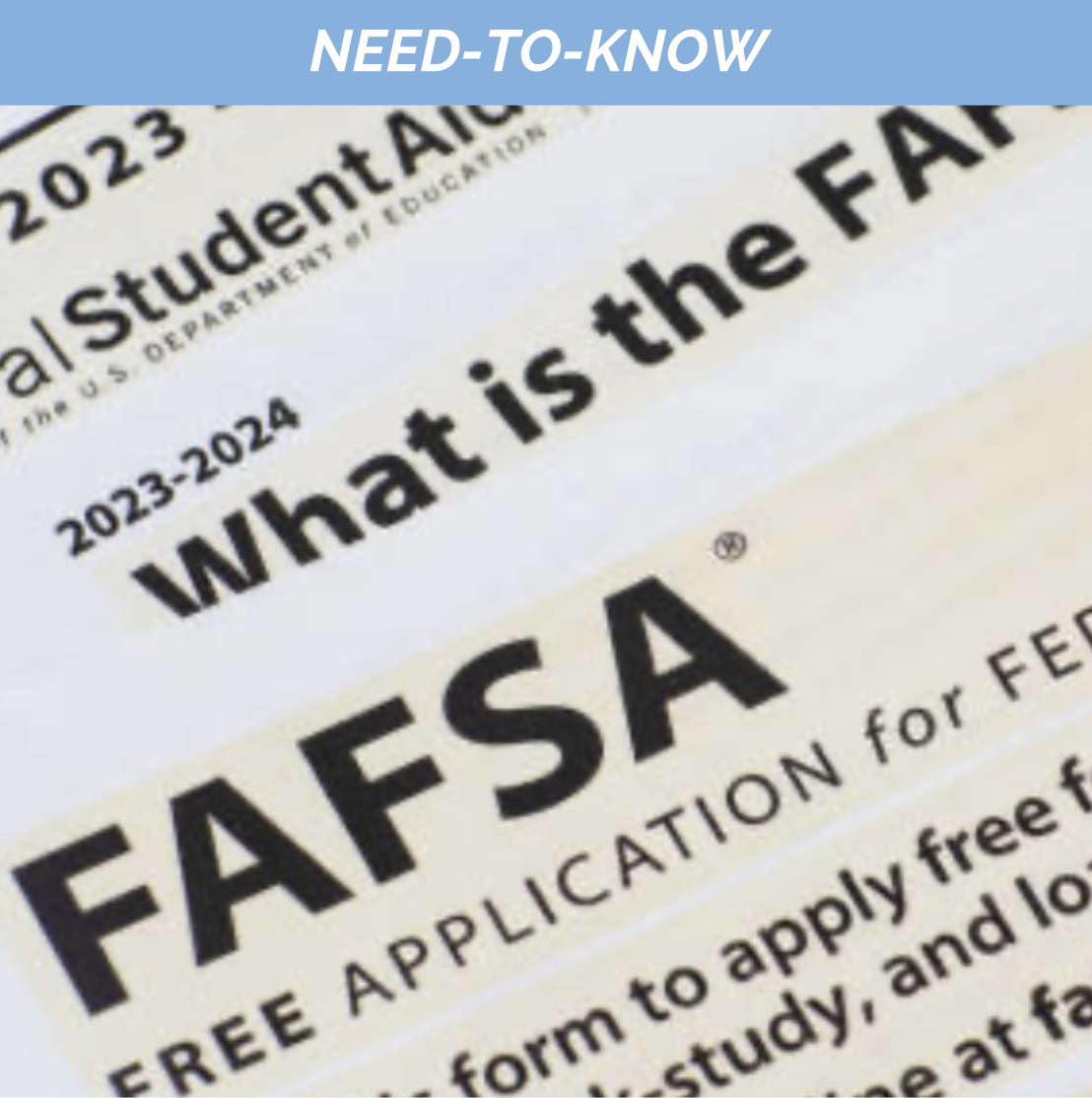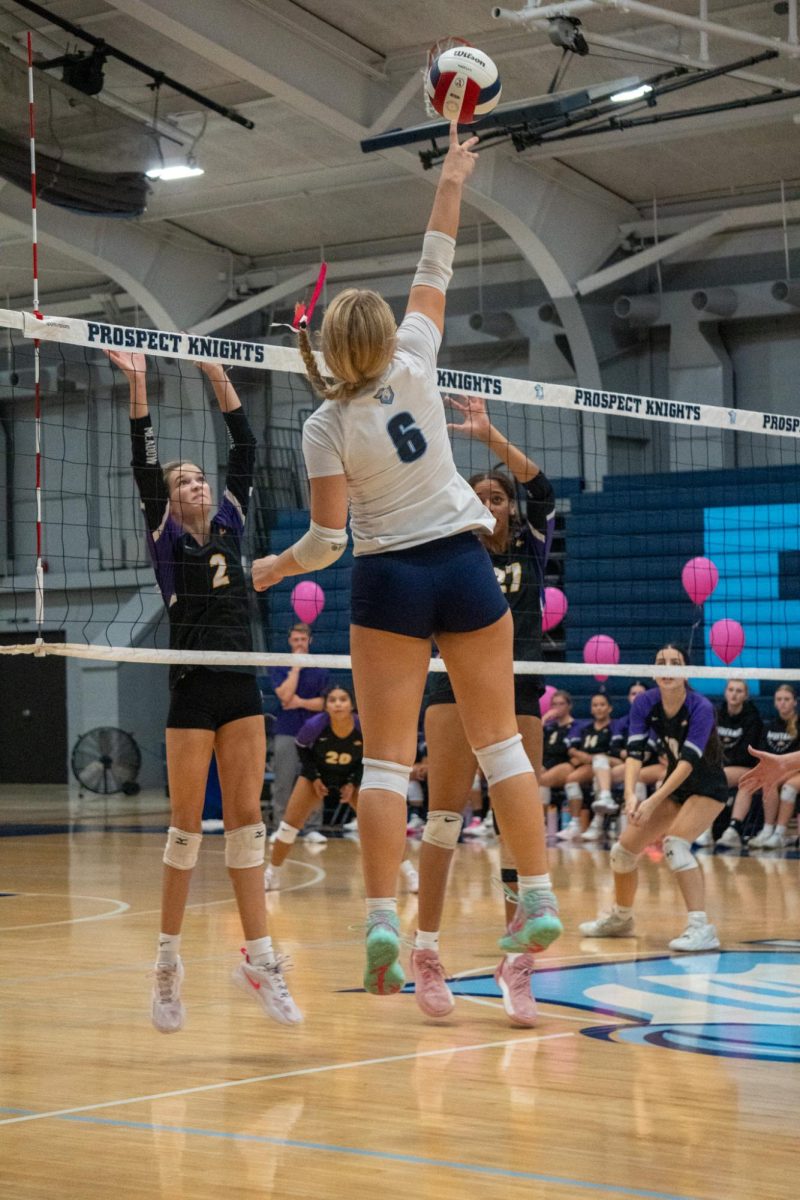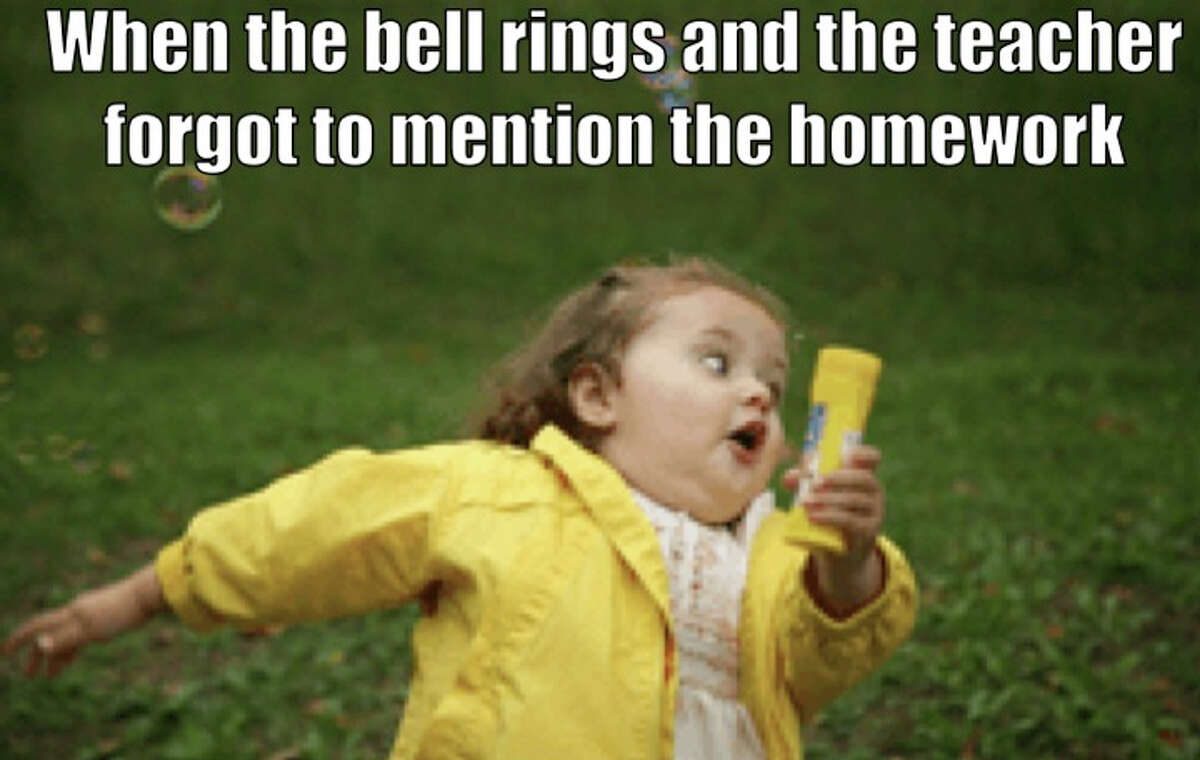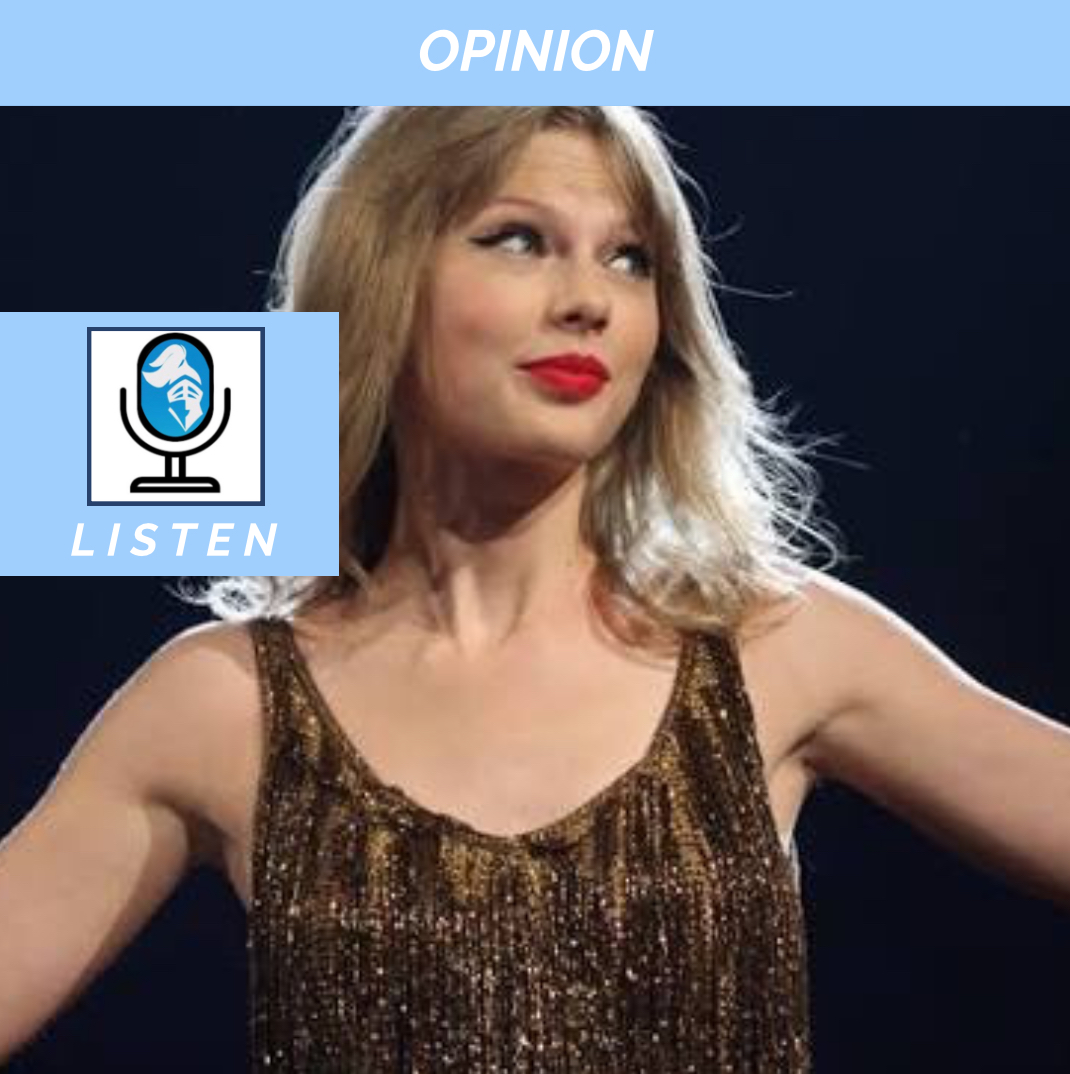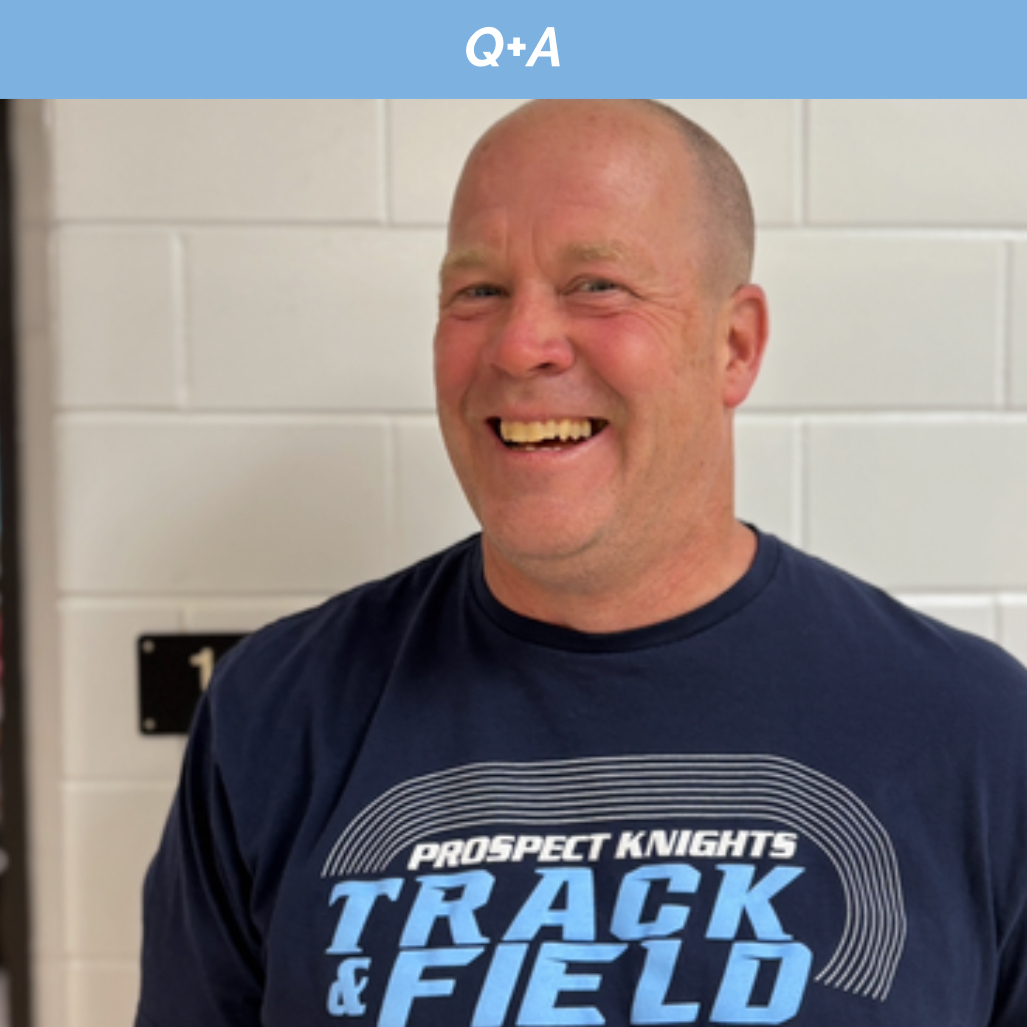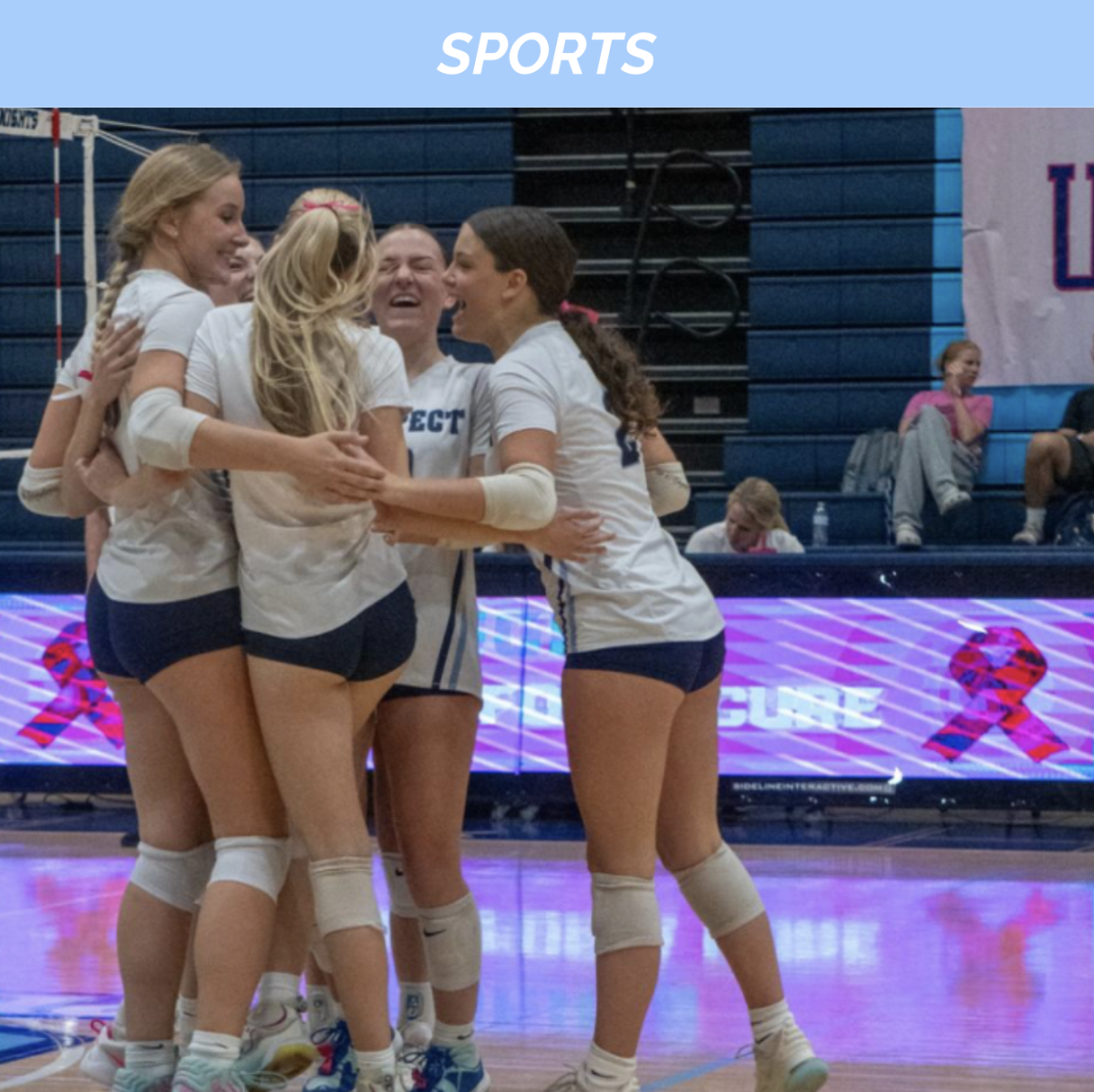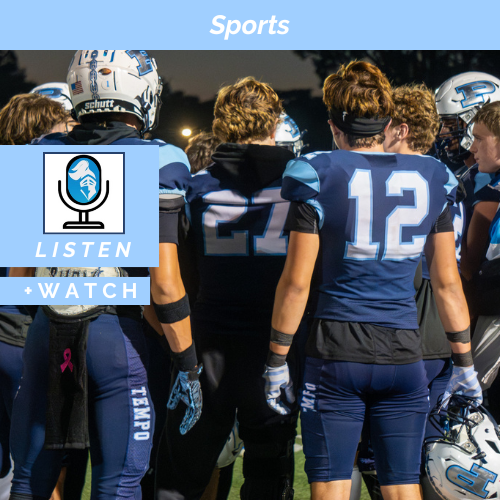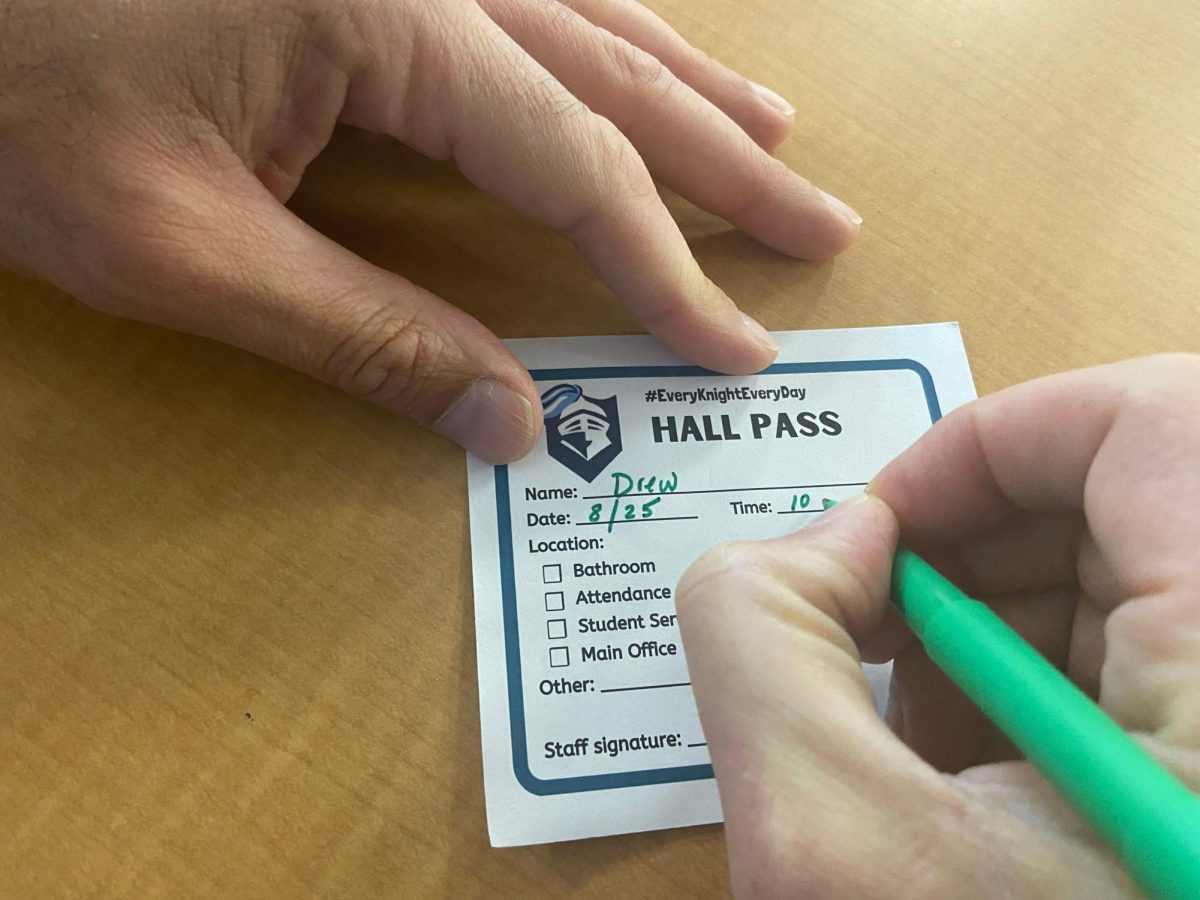I was only a boy when it happened. A small, naive, innocent 15-year-old boy. It was only my first day of sophomore year, and I had already heard horrifying tales of the new school policies.
I had heard everything, from people heeding warning about restrictions on bathrooms to humorous tales of fools wetting themselves during class. I was so terrified that I almost wet myself.
Little did I know how disastrous this foreshadowing would come to be.
For those of you who have been living under a rock Patrick Star-style for the past week, new school policies have been created by the district that’ve been enforced since our first day back.
The big ones are the hall passes, which students are now required to carry when traveling the halls during class periods, the “No Fly Zones,” which consist of the first and last ten minutes of any period, during which students aren’t allowed in the halls, and the stricter tardy and phone usage policies, which are pretty self-explanatory.
You aren’t allowed to use your phone in class or show up 40 minutes late anymore? I can’t believe it!
The combination of bathroom hall passes (or “bathroom passes” as everyone sane calls them) and the “No Fly Zones” make using the restroom an event.
Like I had to work to get here.
I wouldn’t say whizzing at school was my favorite pastime last year, but now it’s more inconvenient than anything.
But I can see why this was done. Sometimes there are problems so big they outweigh my need for toilet convenience.
That’s when you know there’s an issue.
Dean Adam Levinson explains how these rules are meant to help students come to class consistently and do well, not inconvenience them.
Levinson explains that absences were extremely high last year and how students develop flakey habits after missing too many classes.
“So you miss a class or two.” Levinson says “Then a day. Then you miss two. Then you come back and have no idea what the teacher is teaching because you missed the last several days…It’s a domino effect.”
Levinson recognizes that these habits were formed during the COVID-19 pandemic, and how the new rules plan to rid them.
“We recognized…this is happening all over the country.” Levinson explains “It’s post-pandemic, we do believe [these habits are] correlated to COVID, and we’re trying to offset it and get us back to where we were before the pandemic.”
All of this makes complete sense, but these are teenagers we’re talking about. You really think they’re willing to sacrifice minor conveniences for the well-being of others?
No. Welcome to high school.
While Levinson is happy to report that there have been no complaints about the new rules so far, frankly I think it’s only a matter of time.
Levinson knows this, but is confident that the new rules are better for students, even if they take some getting used to.
“When there are new changes people have to adjust to them.” Levinson describes “Some adjust very well [and] some people don’t, that’s okay. We work with people to figure things out.”
However, this wasn’t communicated to students very well. Most don’t understand the benefits of these new rules and only see them as a nuisance.
But they do seem to be working only a week in, and once in a blue moon you’ll find a student who actually understands what they bring to the table.
A member of one of these rare breeds is sophomore Tuvshinbayar Batkhurel, who explains that while they can be annoying, these new enforcements have their benefits.
“[The new rules] are kind of strict and annoying…[but] they push me to come to my classes earlier than last year.” Batkhurel said
Batkhurel also mentioned that they likely encourage students who are often tardy to come to class on time, even if he isn’t one of them.
“I think [the new rules were created] because of the students who are late to [their] classes.” Batkhurel explains “When they don’t do their work, they don’t show up [to class].”
Whether you appreciate what the new rules are trying to accomplish or are angry over the annoyances that come with them, they aren’t going anywhere.
So get comfortable with hall passes and living with a bladder that’s beyond its capacity because, as changeable as the rules are, their goals will forever stay the same.
“You implement things and if they don’t work, you change [them]…” Levinson explains “We want to make sure that kids are active, present, vibrant and learning, [and] the only way to grow is to be here.”








